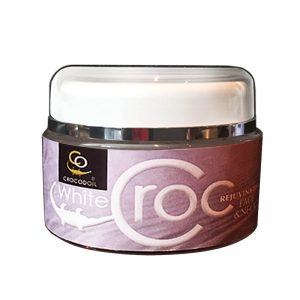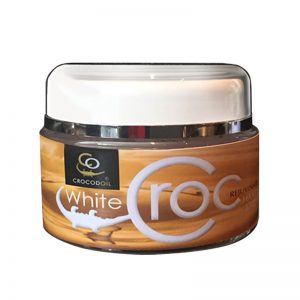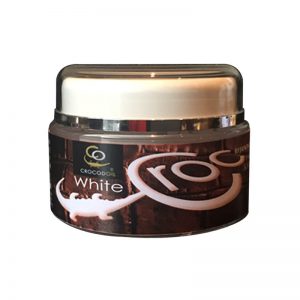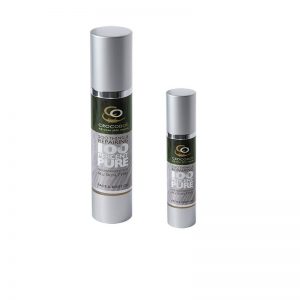What are Omega 3 fats and crucially why do we humans need them and how do they impact on our health, where do we get them from and are they really ‘essential’?
Omega 3 fats are what’s called essential polyunsaturated fatty acids (PUFA’s) and our bodies utilize them in digestion, muscle activity, our eyesight, maintain healthy skin tissue and many brain functions including memory. Omega 3 can be split into three types: DHA (Docosahexaenoic Acid), EPA (Eicosapentaenoic Acid), and ALA (Alpha-Linolenic Acid).
The term ‘essential fatty acid’ has been used over many years because our body cannot create them by itself, so we need to get the optimum amount for body health and performance from what we eat in our diets.
Omega 3 has powerful anti-inflammatory benefits for the body and this has been proven over years to help in the treatment and also help prevent heart disease, some cancers, namely breast, colon and prostate, Rheumatoid arthritis and Parkinson’s disease as well as many more.
Foods which are rich in omega 3 include oily fish such as salmon, tuna and sardines, plus some plants such as flax, chia seeds and leafy green vegetables. However, it’s important to note that the omega 3 fats found in marine animals and fish is different to what’s found in plants and they provide different types of omega 3 which are not of equal benefit to our bodies, so you cannot substitute one for the other. Fish and marine animals are rich in DHA and EPA forms of omegas, whereas plant sourced omega contains only ALA which our bodies need to convert into DHA and EPA before it can be used. However, research shows that less than 5% of ALA consumed is converted, so even eating huge amounts of plant based omega will not make up the shortfall that our bodies require. DHA is especially important, as it is a component of every cell in your body, and it’s particularly crucial for your brain.
Animal-based omegas, such as fish, fish oil, cod liver oil, and krill oil, however, contain large amounts of DHA and EPA and no conversion is needed.
It’s also fish and marine animals caught in very cold waters that contain Omegas as it’s the cold that triggers the production of these fats in the fish.
Increasing the amount of oily fish such as tuna and Alaskan caught salmon in your diet can really help make a difference to dry flaky skin. And don’t forget, eating fish isn’t just with salads and summer foods. Fish can easily cross over into Winter dishes, simply bake the fish in the over with a spoon of pesto brushed over the top, or slice fresh onions and add a tin of chopped tomatoes with seasoning and place the fish on top and bake. Fish can so easily be a hearty winter meal when served with lots of hot colourful veggies and tasty sweet potato fries or wedges any day of the week.
Omega 3 fats really are essential for our ongoing health and well-being and as our diet is the only way we can take them on board, we really do need to adopt healthy eating as part of our everyday lifestyle and not just when we remember.





